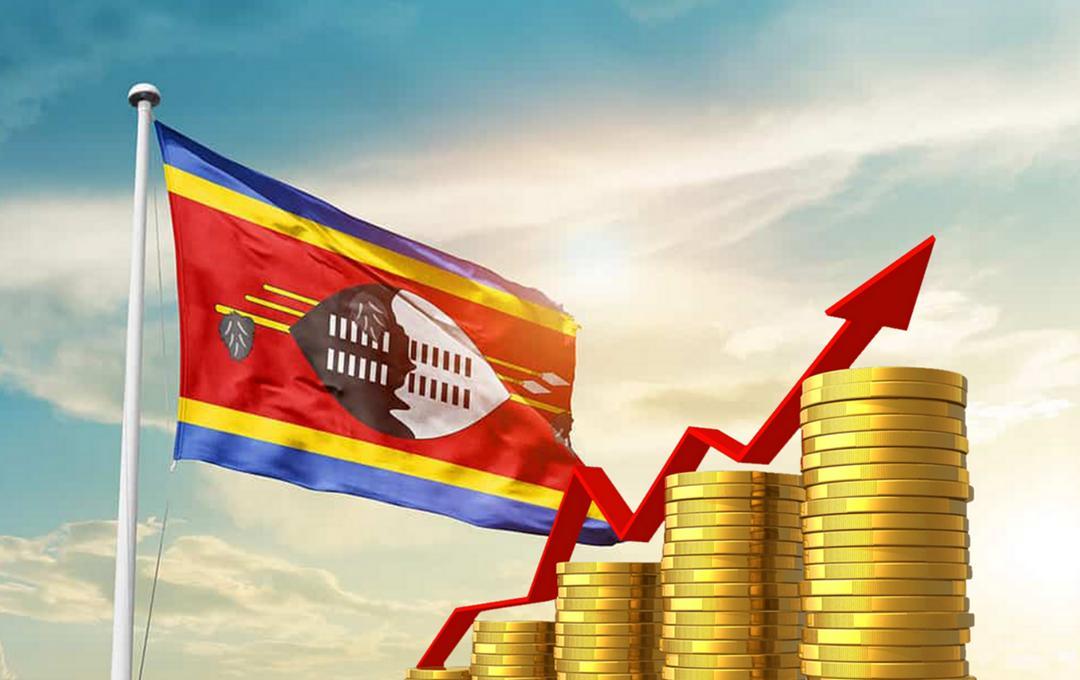Africa-Press – Eswatini. Inflation has become entrenched in some parts of the Eswatini economy, and the second-round effect is starting to be felt.
This might result in interest rates being higher for much longer than expected. The latest Consumer Price Index (CPI) has revealed that the headline inflation rate in April 2024 (i.e. the annual percentage change in the CPI in April 2024 compared with that of April 2023) for the country is 4.1 per cent.
This inflation rate is the same as the 4.1 per cent observed in March 2024. The 4.1 per cent observed in April 2024 is 1.6 percentage points lower than the inflation rate of 5.7 per cent observed in April 2023). In April 2024, the inflation rate for goods was 4.4 per cent and for services, it is 3.7 per cent.
According to the CPI report, the month-on-month inflation rate (i.e. the percentage change in the CPI in April 2024 compared with that of March 2024) is 1.4 per cent. This inflation rate has shown an increase of 1.0 percentage points higher than the 0.4 per cent observed in March 2024. It was reported that food and non-alcoholic beverages, which decreased from 14.7 per cent in April 2023 to 3.7 per cent in April 2024.
This is due to bread and cereals, which recorded a slower growth; fish and seafood; and oils and fats (which both recorded negative growths) in this category. Restaurants and hotels, which increased from 0.8 per cent in April 2023 to 19.3 per cent in April 2024. This was reportedly due to price increases mainly in accommodation services in this category.
Health, which decreased from 22.4 per cent in April 2023 to 5.8 per cent in April 2024. This is due to lower price increases observed in medical services. The CPI report further highlighted that restaurants and hotels, which increased from 0.0 per cent in March 2024 to 5.6 per cent in April 2024, where price increases were observed in accommodation services.
Products
Housing and utilities, which increased from 0.0 per cent in March 2024 to 5.2 per cent in April 2024, where price increases were mainly observed in actual rentals. Recreation and culture, which decreased from 0.9 per cent in March 2024 to 0.0 per cent in April 2024, where zero growth rates were observed, mainly in pets and related products.
Last week, the South African Reserve Bank (SARB) Governor Lesetja Kganyago stated that inflation had been elevated and understandably so, citizens were not happy with the high cost of living. Kganyago was responding to questions from this publication regarding the stubborn inflation rate and its impact on the interest rates.
He highlighted that in response to the high inflation rate, central banks authorities had to take an action, which was tightening monetary policies in order to deal with the scourge of inflation. The governor highlighted that inflation was a problem globally as even advanced economies were confronted by elevated inflation.
A couple of weeks ago, the SARB warned that interest rates may be kept higher for longer than previously expected. The Reserve Bank also flagged that long-term inflation risks are higher than they should be, owing to a high public debt burden and elevated credit default risks, adding that fiscal policy needs to support its monetary policy efforts.
“Domestic economic conditions can be improved by achieving a more prudent public-debt level,” the bank said.
“The fiscal balance is subject to risks such as support to ailing State-owned companies and higher-than-budgeted wage bill growth over the medium term.”
Complexity
Speaking during the official opening of the SADC CCBG Symposium held at the Royal Villas yesterday, the Minister of Finance Neal Rijkenberg said the country and the SADC Region was witnessing high inflation, negative impact of climate change in the economies which was massive and there were escalating geopolitical tensions.
“All these threaten the much-needed financial sector stability and introduces complexity in the functions and operations of central banks in the region and globally,” said the minister.
He stated that as ministries of Finance, they had elevated fears about inflation as it hurts the economy, businesses and households. He said it was for this reason that they have entrusted central banks with the responsibility to use their expert knowledge to contain this enemy in the economies.
Monetary policy refers to a set of tools used by a nation’s central bank to control the overall money supply and promote economic growth and employ strategies such as revising interest rates and changing bank reserve requirements.
For More News And Analysis About Eswatini Follow Africa-Press







